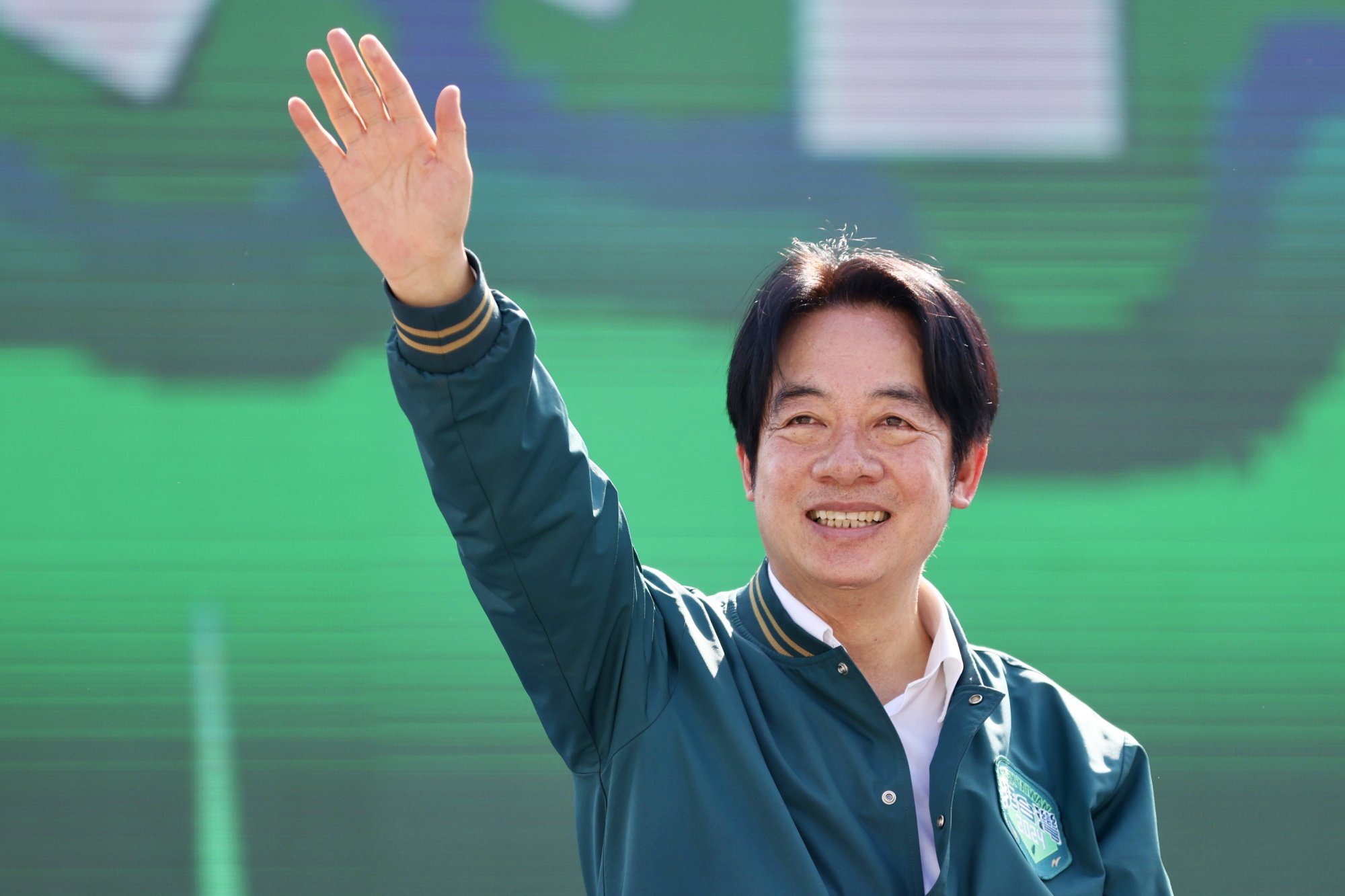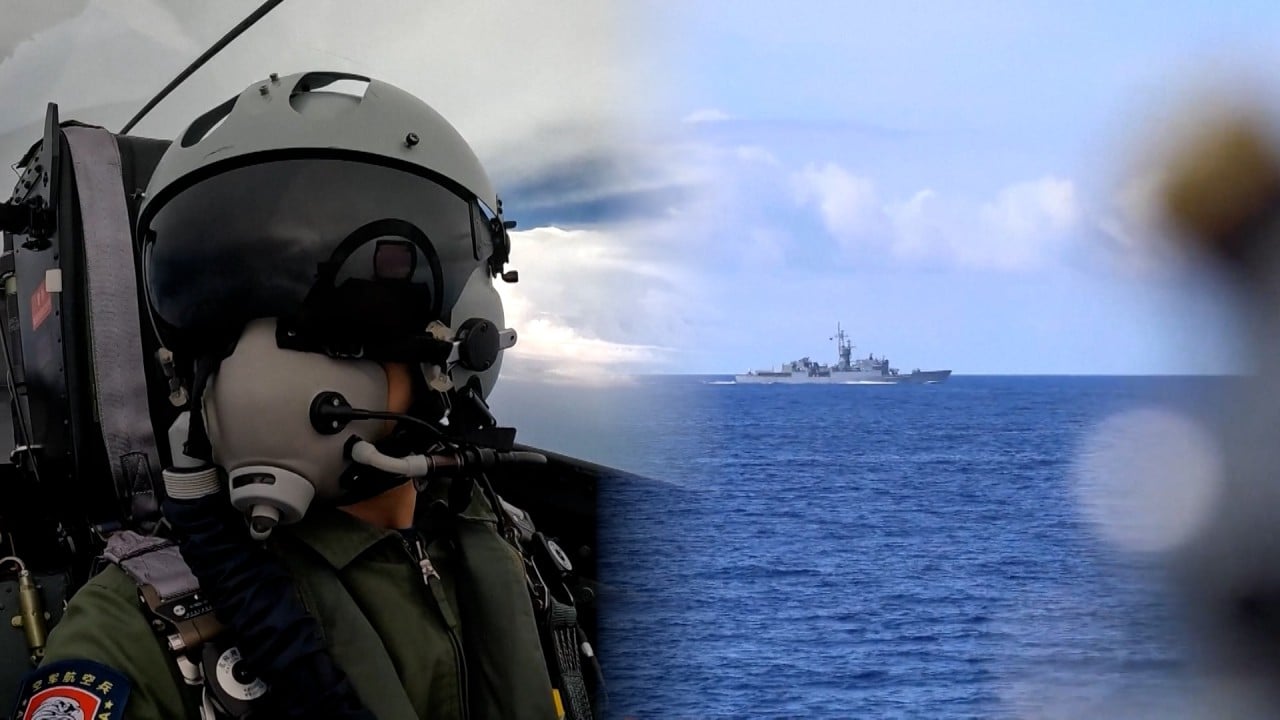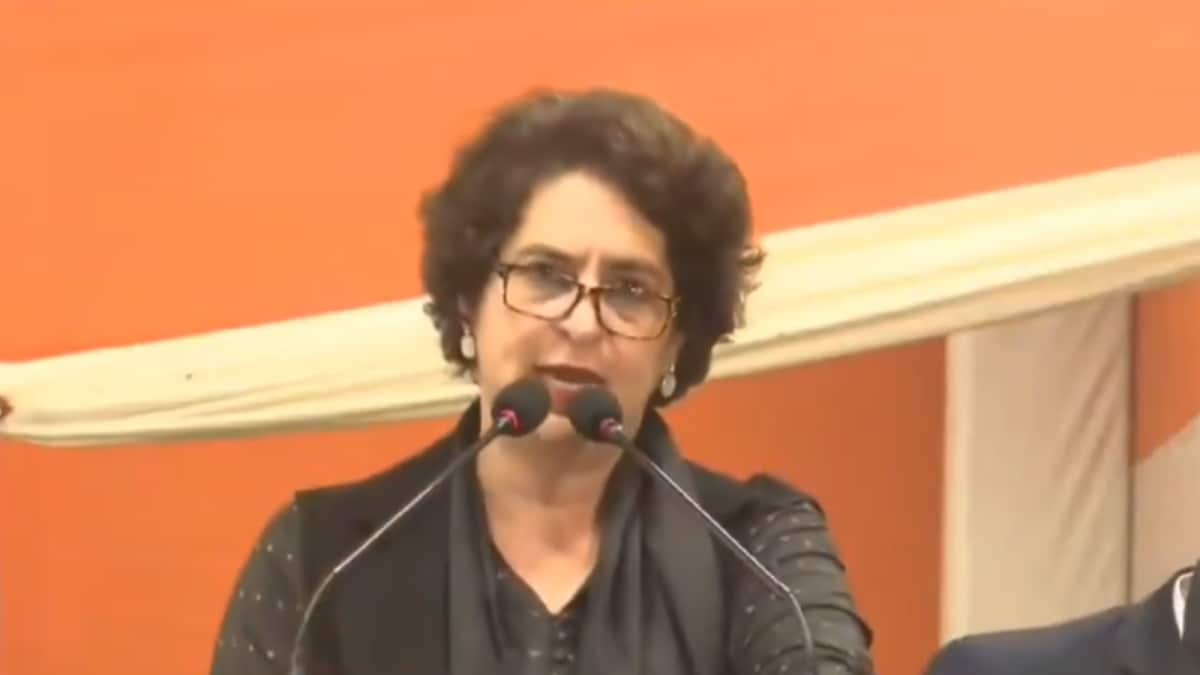“I studied Tang dynasty poetry [618-907 AD],” Ko told the rally. He said there was nothing wrong with learning classical Chinese, especially when Chinese culture had existed for more than 2,000 years.
“Taiwan and mainland China came from the same race, same history, religion and culture. Though their political systems and ways of life are different today, there is no need to cut the link because of the competition between the two sides,” he said.
Ko’s comments came after a high school teacher blasted education authorities for removing half of the 30 classical Chinese literary pieces from curriculum guidelines.
“All the Great Learning, Doctrine of the Mean, Analects and Mencius were axed,” she said, referring to the Four Books, a series of philosophical writings and doctrines associated with the ancient Chinese sage Confucius.
Also removed from classical Chinese textbooks was an important essay about morality by Ming dynasty philosopher Gu Yanwu (1613 -1682), Ou said.
She said the omission of the classical Chinese doctrines would only reduce the chances of high school students learning the important values of honesty, justice, integrity and honour.
The DPP government introduced the curriculum guidelines in 2019 as compulsory education was increased from nine to 12 years.

“Even neighbouring countries like South Korea and Japan have used those writings in their primary and high schools,” Hou said, adding that no Taiwanese political ideology should supersede them.
Hou said if he was elected president, he would hold an island-wide educational affairs conference to review the curriculum.
He also urged Lai to address the issue and “refrain from turning it into a war between the young and the old generations”.
In response, Lai rejected the idea that the cuts were politically motivated.
“The guidelines were designed merely as a reference for publishers to decide what should be compiled in the textbooks. I believe publishers would seek advice from the frontline teachers on what should be included,” he said.
The reduction should not be seen as a political move, he added, but admitted that the controversial issue was “worth further pondering”.
Political atmosphere spells trouble for literature teacher in Taiwan
Political atmosphere spells trouble for literature teacher in Taiwan
Taiwan’s education ministry later defended the guidelines, saying they were aimed at helping students to develop the right values and attitudes from more diverse texts – including modern Taiwanese literature, foreign literature and literary essays.
It said such diversity would allow students to develop critical thinking and communication skills from their life experiences, rather than spending time reciting selective texts.
The ministry also said it had no plan to abolish classical Chinese and that the current curriculum still covered a sizeable portion of ancient Chinese writings.
Meanwhile, observers said the fact more locals identified as Taiwanese served only to encourage the removal of classical Chinese writings from high school textbooks.
“More and more students are growing impatient with learning classical Chinese as they hardly use it in daily life and it is little help when it comes to finding a good job,” education expert Chiu Li-ying said.
“The effort of the DPP government to promote the Taiwanese identity is to blame for such a phenomenon, and this would accelerate the de-sinicisation process in Taiwan,” she said.
A survey by the Taiwan Public Opinion Foundation in September showed 77 per cent of people on the island identified only as Taiwanese. Only 9 per cent saw themselves as Chinese and 8 per cent as both Taiwanese and Chinese.
Wu Rwei-ren, a researcher of Taiwan history at the Academia Sinica, the island’s top research institution, said there had been a notable decline in Chinese identification in Taiwan in the past decade or so.
It has condemned the Tsai government for launching a “de-sinicisation” campaign to cut the island’s historical and cultural links with the mainland.
Taiwan’s presidential vote will be held alongside legislative elections on January 13. Lai is currently ahead in the polls, followed by Hou and Ko.








